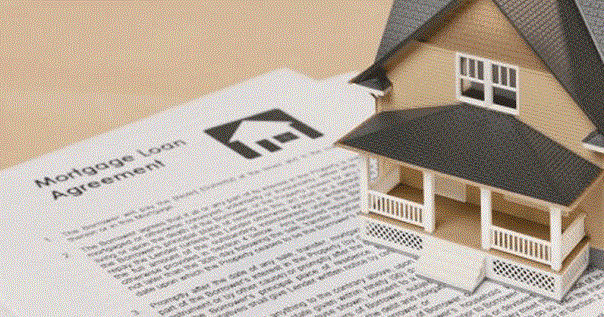The UAE Central Bank has announced a new cap on borrowing for mortgages and a range of minimum down payments, depending on whether it is your first property and whether built or offplan. With expats limited to 75 percent and UAE nationals 80 percent, what does this mean for the mortgage market?
This week the UAE Central Bank announced new guidelines for home loans. The move, which has been hotly anticipated all year, will see the following changes:
- Expat buyers are limited to borrowing 75 percent of a property’s value for a first investment of under AED 5m and UAE nationals are limited to 80 percent for homes also worth under AED 5m.
- For homes worth over AED 5m, there is an even more significant change; expats will only be able to borrow 60 percent of the property’s value and Emiratis 65 percent.
- The cap regulations do not stop there. For second and subsequent home purchases, lending for expats will be limited to 60 percent and, for UAE nationals, the loan-to-value ratio is 65 percent.
- When it comes to off-plan properties, all buyers – regardless of nationality – will only be able to borrow 50 percent of a property’s value.
- Loan lengths will be limited to 25 years and age will be a limiting factor too. Expat borrowers must be no older than 65 at the time of the last repayment and UAE nationals 70.
New UAE mortgage cap changes to maximum borrowing
| Property type | Expat max. borrowing | Emirati max. borrowing |
| Built – 1st property- under AED 5m | 75% | 80% |
| Built – 1st property – over AED 5m | 60% | 65% |
| Built – 2nd + property | 60% | 65% |
| Off-plan | 50% | 50% |
New UAE minimum down payments for mortgage borrowers
| Property type | Expat min. down payment | Emirati min. down payment |
| Built – 1st property- under AED 5m | 25% | 20% |
| Built – 1st property – over AED 5m | 40% | 35% |
| Built – 2nd + property | 40% | 35% |
| Off-plan | 50% | 50% |
The new regulations, announced this week, did not come as a surprise. The cap was first discussed at the end of last year, with a Central Bank proposal to limit loans to expats to 50 percent and to Emiratis at 70 percent. The news was not met favourably by the banking industry or investors prompting the Central Bank to reconsider.
This second set of requirements is expected to come into force in the next month, a move that will have a significant impact on the mortgage and property markets.
What does this mean for the banking industry?
It sends clear signals that lending will be more regulated to prevent mistakes made in the past.
Back in the boom period of 2008 – 2009, when house prices hit their peak – banks were lending freely with some 90 percent mortgages available. It allowed buyers with limited capital to invest in numerous properties and flip them soon after purchase in order to make quick profits – in turn driving up prices at an alarming rate.
Under the new guidelines, the banks will have to be much more careful about who they lend to and the Central Bank has made it clear that repayments on home finance cannot make up more than 50 percent of a person’s monthly income. They must also limit lending to no more than seven years of a customer’s income for expats and eight years for Emiratis.
All these are good moves because it will help to prevent lenders from issuing bad loans to borrowers who don’t have a hope of meeting the repayment requirements. It will also make the mortgage market more competitive, encouraging banks to offer better deals, in turn encouraging investors to shop around for the best home loan, comparing all the mortgage options available.
What does this mean for the market?
There will also be consequences for the property market. There could be a property price slowdown as investors are prevented from buying because they need to raise more cash to put down a deposit on the home of their choice. That being said, a full-scale slowdown is unlikely considering that based on statistics, 80 percent of the property transactions are made in cash which means the regulations will really only affect 20 percent of the transactions in the UAE.
And with lending so limited for off-plan properties, it will deter the casual flipper looking for a fast return by leveraging their purchase without the need of a big amount of capital. While it may be harder to get on the property ladder, the UAE’s housing market could become more stable and, in the long-term, a safer bet.
Fears that the nation’s property market is about to experience another bubble may finally be put to rest. The new rules should be considered a safety measure that, ultimately, will protect banks and property buyers from the recent property boom, particularly in Dubai. Prices have risen 20 percent in Dubai this year alone and nobody wants to return to the dark days of the downturn.




